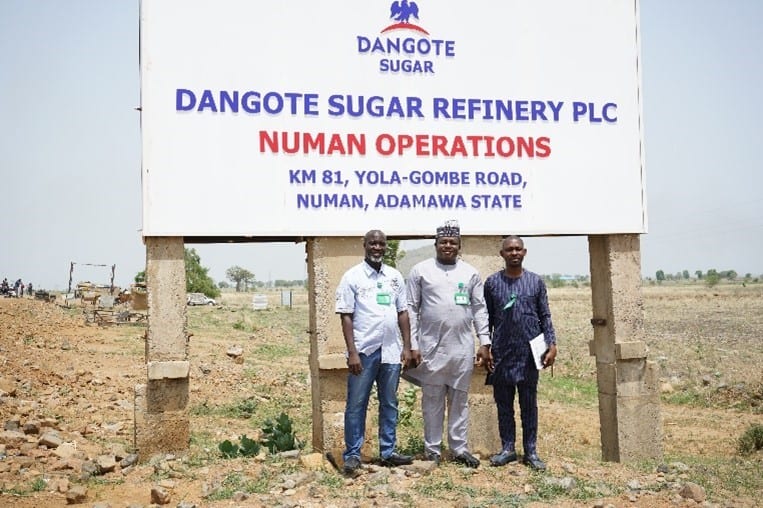Novelist Thomas Mann once said: “Everything is politics.” Likewise, thinking and working politically (TWP) is at the core of all we do in development.
A group of Thinking and Working Politically Community of Practice members – a group that blogger Duncan Green affectionally calls “aid wonks” who “try and move aid from a pure focus on technical issues, towards taking account of power and politics” – held a working session several months ago on the state of TWP. Duncan Green’s blog has a good summary of the meeting. As part of that group, we looked for successes and what is next on the heels of an interesting piece from Graham Teskey that takes stock of TWP efforts since its founding nearly a decade ago.
During the working session, several themes emerged:
- We need to hear more from local actors and organizations about how they are integrating TWP.
- We can get too focused on the “right” tools for TWP and less on its overall purpose to identify, pursue and refine change pathways. We should consider what may be getting in the way of TWP being accessible and embraced by local actors.
- Locally led development and TWP are connected. While they are distinct efforts, they are aligned with a focus on shifting power, disrupting ineffective ways of working and drawing on local assets and positive deviance to realize change. Both are about listening, engaging a diverse set of actors, and ensuring project implementation is based on context dynamics.
- To advance TWP, we need to maintain a focus on experimentation, knowledge sharing and learning — all with local partners and stakeholders in the lead.

TWP in action
Our real-world experiences have taught us that TWP can be an effective tool for more than donors and implementing partners. TWP can serve as a way of working among local actors to guide strategic decision making and as a tool for empowerment.
People in Nigeria’s northeastern states face a host of challenges — from poverty to violent extremist organizations like Boko Haram and ISIS-West Africa — that continuously block their path to peace, inclusion and economic prosperity.
The USAID North East Connection program takes a preventative and holistic approach to addressing the causes of violent conflict in the region. By targeting localities that are vulnerable to violent extremist infiltration and conflict, but not yet under their influence, the North East Connection program strengthens community resilience by improving their ability to respond to emerging threats.
Creative’s team is implementing TWP through its internal processes across the project’s lifespan and in its programming with stakeholders.
At the most basic level, the team dedicates time each week to incorporate trends and dynamics across the project’s three target states. This establishes a strong foundation to inform the project about who (and how) they are engaging, as well as how to adapt over time.
The project carries TWP into the grant co-creation processes. The team builds on context analysis to help guide local grantees to work politically through implementation of their grants, taking into consideration key actors and local dynamics.
North East Connection also holds learning and networking sessions with local actors in northeastern Nigeria, convening stakeholders for knowledge sharing and collaboration around their work, lessons and analysis. While seemingly straightforward, this partner-focused series of exchanges, based on learning and contextual analysis, has empowered the North East Connection’s partners.
Finally, the project draws on political economy analysis to support local actors in building new alliances. In Adamawa State, where a sugar company’s presence was leading to tension in the host communities, the project was able to facilitate dialogues among company, communities and other stakeholders.
The project worked with communities to relay their grievances through existing community conflict mitigation mechanisms and work towards peaceful dialogue with the sugar company, while also supporting community and government actors to advocate for corporate social responsibility initiatives. This led the sugar company to commit $10 million in host communities. North East Connection will provide both financial and technical assistance to local actors to track this commitment and its impact.
What is next for TWP?
The TWP Community of Practice is keen to expand the discussion and is planning a series of online discussions, including an upcoming webinar on December 5, looking back on 10 years of USAID experience. At Creative, we will continue to intentionally engage local actors in TWP processes on projects, including in implementing applied PEAs, in line with our commitment to advance locally led development.
We can start with our project teams and partners and building communities of practice to share learning within and across contexts and on how we engage local partners in the design and implementation of TWP and related tools as part of localization efforts. Indeed, TWP can help identify new actors and efforts within a context to build alliances and leverage existing mechanisms for change.
Susan Kemp is the Director of Creative’s Governance Practice Area and Christian Adanu is the Monitoring, Evaluation, and Learning Manager for the USAID-supported North East Connection project.

